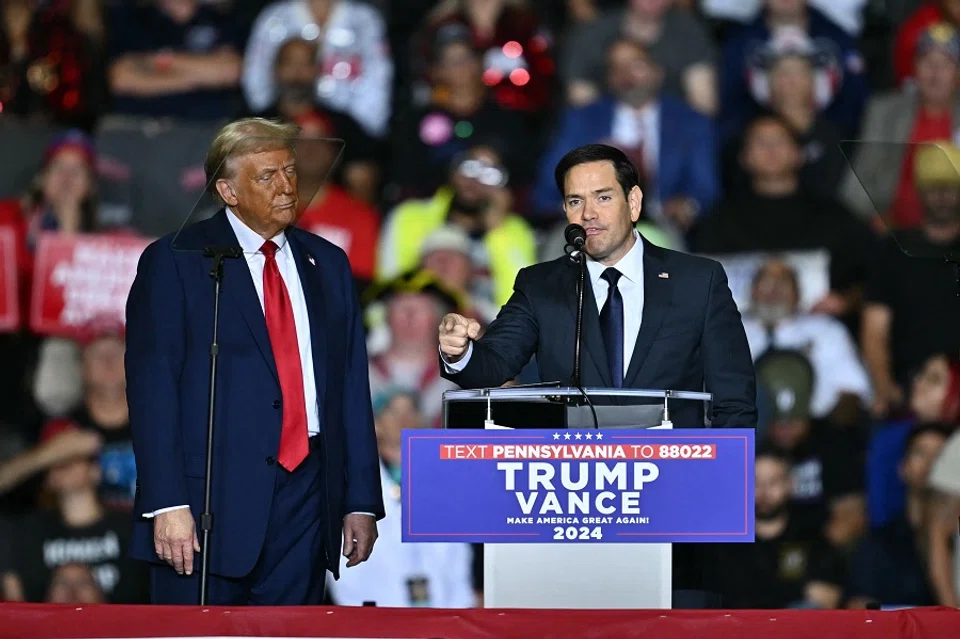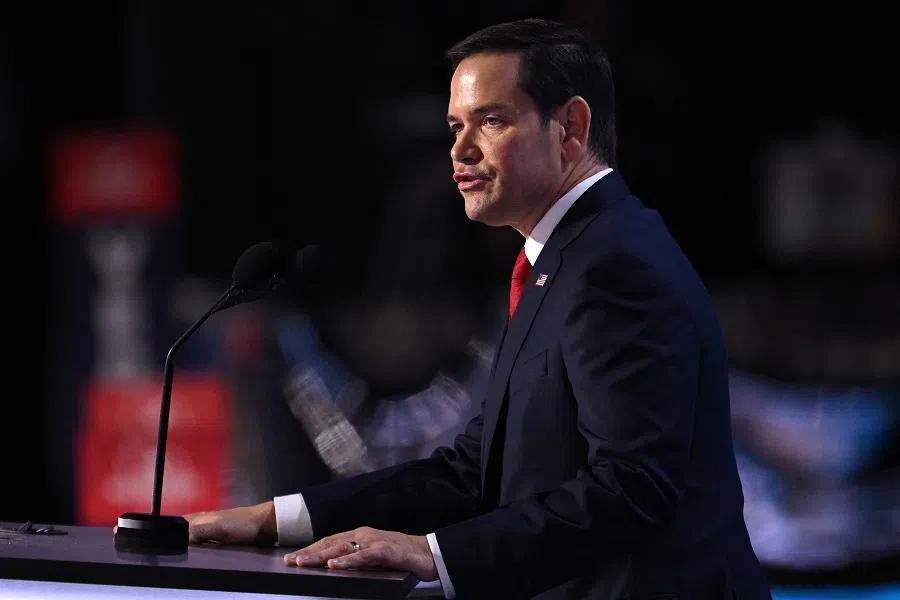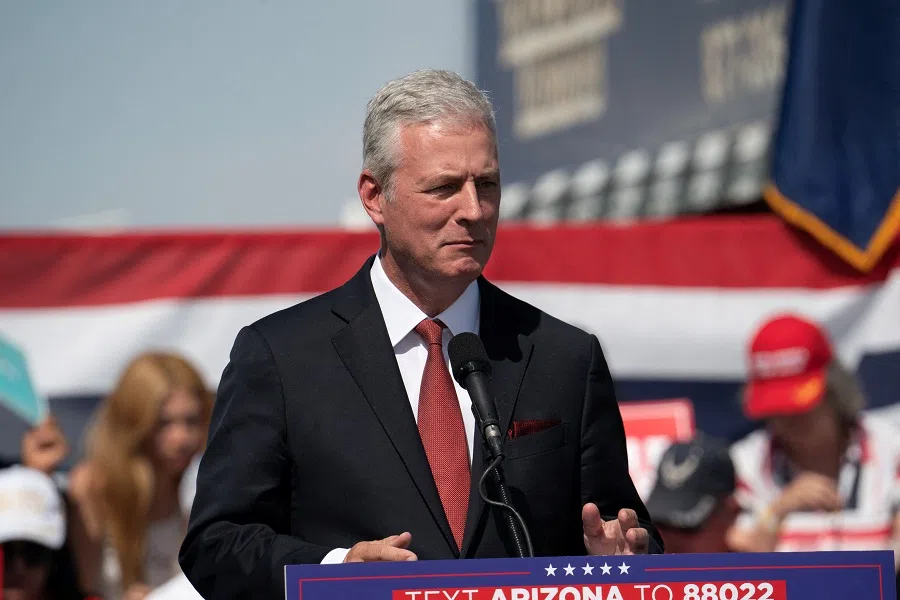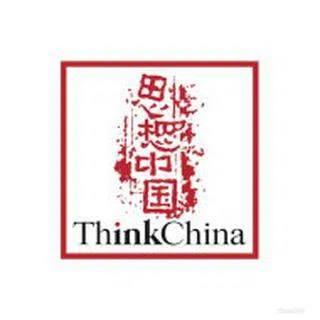Rubio and the China hawks: Setting the stage for a confrontational 2025
The incoming Trump administration, seemingly full of China hawks, will be a challenge for China. However, commentator Jin Jian Guo contends that China is prepared for this eventuality, anticipating a continuation of the current US China policy direction despite the change in administration.

US President-elect Donald Trump’s nomination of Republican senator Marco Rubio as secretary of state poses a significant challenge for US-China relations. Considered a China hawk, Rubio’s influence over US foreign policy could be perilous, given his recent actions directly challenging the core of the bilateral relationship.
Strong anti-socialism sentiments
Born in May 1971, Rubio is the son of Cuban immigrants who moved to the US in 1956, two and a half years before Fidel Castro came to power. His parents became US citizens in 1975. Rubio has claimed that his parents initially planned to return to Cuba until the country shifted towards communism. He said, “The essence of my family’s story is why they came to America in the first place and why they had to stay.”
Rubio’s family background has led to his disdain for communism, aligning closely with Trump’s ideology. In an article published on Fox News in 2019, Rubio warned, “Socialism is wholly incompatible with America,” and added that if the US embraced socialism, it would lead to disaster. He emphasised that the US’s unique, entrepreneurial spirit thrives on free markets, rejecting the notion of state control.
Rubio’s actions towards China are not merely personal but represent the collective voice of China hawks in the US, which has become increasingly tough this year.
He also stated that when socialists are asked to explain the failures of their ideology in many countries, they cannot provide any meaningful response. Similarly, Trump has also frequently denounced socialism in the US.
In 2006, Rubio became the speaker of the Florida House of Representatives, and in 2011, he was elected to the US Senate, serving on the Congressional-Executive Commission on China and as vice-chairman of the Select Committee on Intelligence. He is viewed as a hardliner on China in the US Senate, and has strongly advocated for legislation related to Xinjiang and Hong Kong during his term. As a result, he is currently banned from entering China.

In 2020, Rubio persistently criticised China over the Covid-19 pandemic, making numerous statements that damaged China’s international reputation, and calling for the world to re-evaluate its relations with China.
Representative of bipartisan China hawks
Rubio’s actions towards China are not merely personal but represent the collective voice of China hawks in the US, which has become increasingly tough this year.
Firstly, the House of Representatives passed multiple bills related to China. During “China Week” in September, the House passed 25 China-related bills covering various areas.
These include the Fund Authorization Act; the Science and Technology Agreement Enhanced Congressional Notification Act; the Taiwan Conflict Deterrence Act; the Economic Espionage Prevention Act; the Research and Development, Competition, and Innovation Act; the Foreign Adversary Communications Transparency Act; the Export Controls Enforcement Improvement Act; the Remote Access Security Act; the Routers Act; the Chinese Currency Accountability Act; the Sanctions List Harmonization Act; the BIOSECURE Act; as well as the American Security Drone Act. These bills represent a whole-of-government approach by the US to contain China.
Secondly, the sharp rhetoric by China hawks is unprecedented. Robert O’Brien, who served as national security adviser during the first Trump administration, said in a speech at the American Enterprise Institute in September that he was not sure if the US had ever faced a threat like communist China in its history. He claimed that China’s ultimate plan is to impose its Marxist-Leninist ideology on other countries.
Following that, Bonny Lin, director of the China Power Project at the Center for Strategic and International Studies, stated in a report that regardless of who emerged victorious in the election, US policy towards China would likely develop in the same direction.
Pottinger and Gallagher argued that the US should not simply manage its competition with China but must win it, and that the US must accept the reality of friction in China-US relations.

O’Brien also published an article in Foreign Affairs titled “The Return of Peace Through Strength: Making the Case for Trump’s Foreign Policy”, in which he argued that a second term for Trump would see a return to realism with a Jacksonian flavour.
Although Trump never declared “Trumpism”, O’Brien believed that both intuitively and based on traditional US principles, Trump’s foreign and trade policies can be accurately understood as a response to the shortcomings of neoliberal internationalism or globalism implemented from the early 1990s to 2017. Trump himself appreciates former US President Andrew Jackson’s approach to foreign policy. Throughout the article, China is consistently portrayed as America’s adversary.
Additionally, Matt Pottinger, who served as senior director for Asian Affairs at the National Security Council during the previous Trump administration, and Mike Gallagher, then chair of the House Select Committee on the Chinese Communist Party, published an article in Foreign Affairs titled “No Substitute for Victory: America’s Competition With China Must Be Won, Not Managed”.
Pottinger and Gallagher argued that the US should not simply manage its competition with China but must win it, and that the US must accept the reality of friction in China-US relations. They added that China should bear the cost for global chaos, and that while no country should relish waging another Cold War, China has already waged a cold war against the US — Washington should not deny the existence of this struggle but should own it and win it. Lukewarm statements that pretend as if there is no cold war perversely court a hot war.
Economic and military fronts
Thirdly, Kurt Campbell, deputy secretary of state in the Biden administration, adopted a tough stance on China. In July during a Senate Foreign Relations Committee hearing, Campbell stated that the competition with China is the “defining geopolitical challenge confronting modern American diplomacy”, and stressed the need for the US Navy and Air Force to step up their games in the Indo-Pacific.
He also stated that the real competition with China is in international organisations. In September, Campbell told the House Foreign Affairs Committee that China represented the most significant challenge in US history and that the cooperation between China and Russia, as well as the trajectory of the Ukraine war, have profound implications for potential conflicts in the Indo-Pacific region.
To gain an advantage over China, the US is determined to keep in check the possibility of China surpassing its economy, making the Chinese economy a focal point of US attention.

Fourthly, the economy remains a key area of competition between China and the US. Economic competition is the foundation for China-US rivalry in the military, technological and international influence arenas. To gain an advantage over China, the US is determined to keep in check the possibility of China surpassing its economy, making the Chinese economy a focal point of US attention.
In September, Rubio wrote in The Washington Post that the release of “Made in China 2025” changed the world, pointing out that China once “hid its strength and bided its time” and the US welcomed its rise. However, “Made in China 2025” sought to destroy America’s economic supremacy, thus posing a threat to US security and prosperity.
The approach and actions of Rubio and the China hawks represent the direction of the new Trump administration’s China policy. Indeed, China-US relations will face significant risks and challenges in 2025; the Chinese government is most likely already prepared for this.





